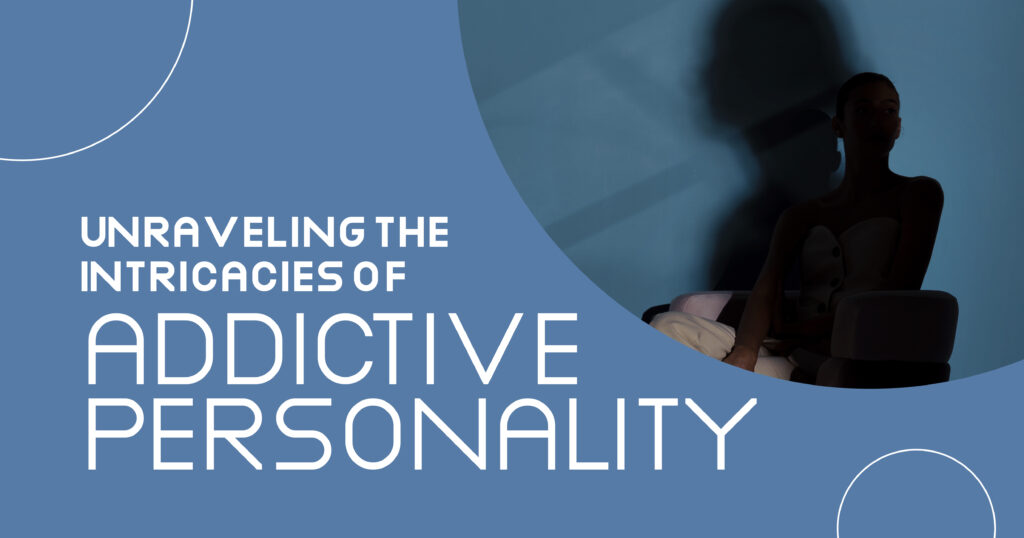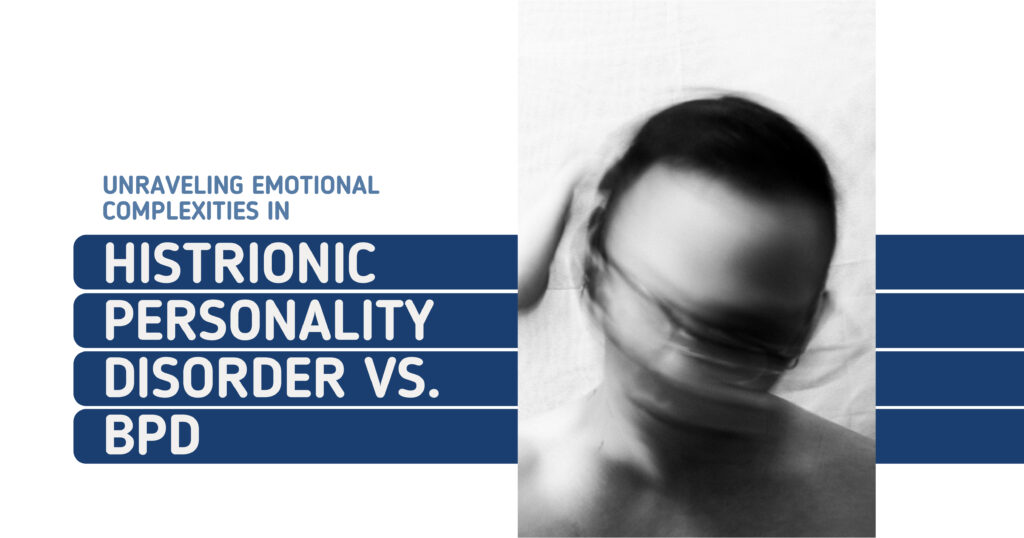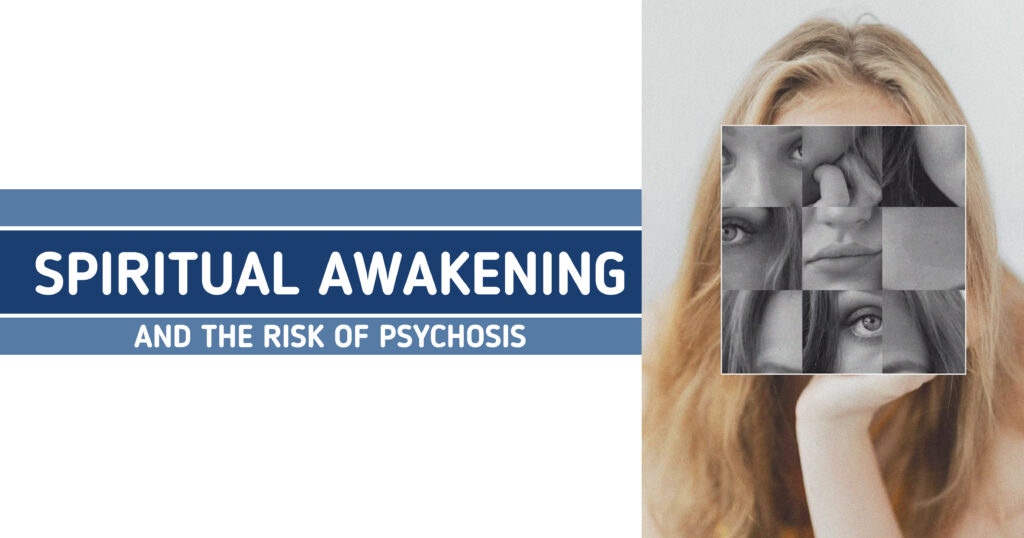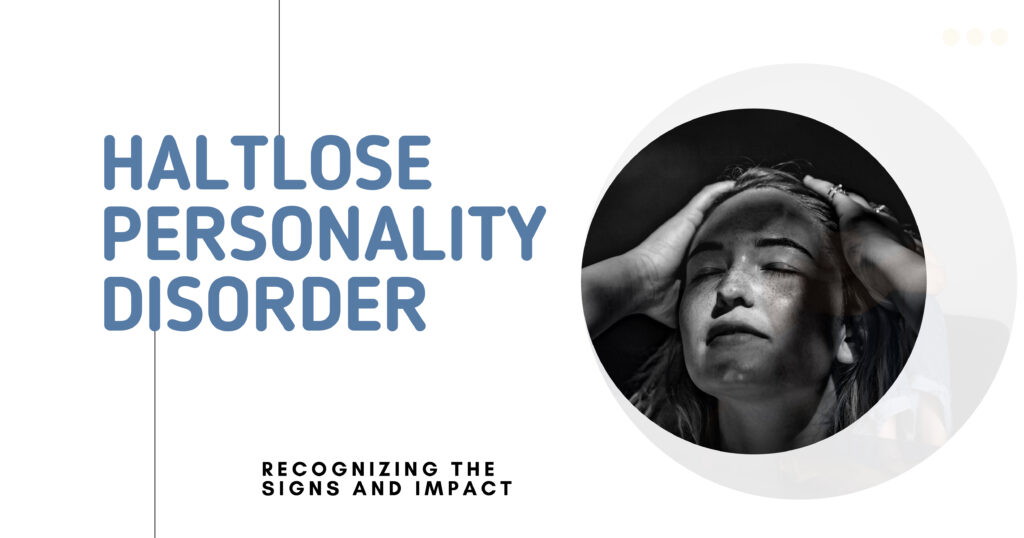An addictive personality is not a formal diagnosis, but it’s a widely recognized set of behavioral patterns and emotional tendencies that can make a person more susceptible to developing addictions.
These traits can manifest in multiple ways, ranging from substance abuse to compulsive gambling, excessive gaming, shopping, or even overworking. The common thread is an intense difficulty in controlling urges, often leading to harmful consequences in both personal and professional life.
While the term itself can sometimes be oversimplified in popular media, its impact on mental health is far from trivial. People with these tendencies often face a complex web of emotional struggles, including anxiety, depression, and difficulty maintaining relationships.
This is because the cycle of addictive behavior can both stem from and contribute to deeper psychological wounds. Understanding the interplay between biology, environment, and psychology is key to breaking free from destructive patterns.
Substance Abuse and Addictive Personality Traits
Substance abuse is one of the most visible and destructive outcomes linked to an addictive personality. Individuals with these traits often struggle with moderation, finding it difficult to stop once they start engaging in an activity that triggers pleasure or relief. This isn’t limited to alcohol or drugs; it can also include prescription medications or even seemingly harmless substances like caffeine when used excessively.
San Diego Mental Health
Compulsive Behavior and Its Role in Addiction
Compulsive behavior is a hallmark of addiction. For many, it begins as an attempt to escape stress, numb emotional pain, or chase a fleeting sense of euphoria.
However, this relief is temporary, and the brain quickly begins to crave more frequent and intense stimulation. Over time, compulsive actions override logical decision-making, creating a dangerous cycle that is difficult to break without intervention.
The National Institute on Drug Abuse emphasizes that compulsion is often tied to changes in brain structure and chemistry, particularly in regions controlling reward and impulse regulation. This means that what might seem like a simple “lack of willpower” is actually a complex neurological shift.
Genetic Predisposition and Risk Factors for Addictive Personality
Research has shown that genetic predisposition plays a significant role in the development of addictive behaviors. Certain genes can influence how an individual’s brain responds to pleasurable stimuli, making them more likely to repeat behaviors that activate reward pathways. Studies estimate that genetics accounts for 40–60% of the risk for addiction, while environmental and social factors influence the remainder.
| Risk Factor | Impact on Addictive Personality |
| Family history of addiction | Increases the likelihood of developing similar behaviors due to both genetics and learned habits |
| Early exposure to substances | Alters brain development, making impulse regulation more difficult |
| Mental health disorders | Increases vulnerability as individuals may turn to substances to self-medicate |
| Social environment | Peer pressure and lack of support can reinforce harmful habits |
| Chronic stress | Weakens coping mechanisms and increases the appeal of quick-relief activities |
Genetics alone do not seal a person’s fate. Lifestyle choices, coping skills, and access to supportive environments can significantly reduce the likelihood of falling into addictive patterns, even with a biological predisposition.
The Influence of Impulsivity Traits on Addiction
Impulsivity traits such as acting without thinking, seeking immediate gratification, and taking risks without considering the consequences are closely tied to addictive behavior. The problem is that impulsivity often overrides logical decision-making, leading to choices that prioritize short-term pleasure over long-term well-being.
Neuroscience research suggests that impulsivity is connected to reduced activity in the prefrontal cortex, the brain region responsible for judgment and self-control. When combined with the brain’s reward system seeking constant stimulation, this becomes a powerful driver for addictions. This is why impulsivity traits are often found in individuals with gambling issues, compulsive eating disorders, and chronic substance abuse problems.
San Diego Mental Health
Mental Health Challenges Associated with Addictive Personality
The relationship between mental health and an addictive personality is deeply intertwined. Conditions such as depression, anxiety disorders, and post-traumatic stress disorder (PTSD) can both contribute to and be worsened by addictive behaviors.
These challenges can lead to a constant push-pull dynamic, where the addiction is used to numb emotional distress, but the fallout from the addiction worsens the mental health condition.
Self-Control Issues and Strategies for Management
One of the most common challenges in managing an addictive personality is dealing with self-control issues. These challenges often stem from both biological wiring and learned behavior.
Practical strategies include:
- Practicing mindfulness is important to recognize triggers before acting on them.
- Setting clear boundaries for potentially addictive activities.
- Seeking therapy to build coping mechanisms and accountability.
- Replace harmful habits with healthier alternatives, like exercise or creative hobbies.

The American Psychological Association offers extensive resources for building better self-regulation habits.
Dopamine Imbalance and Its Effect on Addictive Behaviors
At the core of most addictive behaviors is a dopamine imbalance. Dopamine is a neurotransmitter that plays a key role in pleasure, motivation, and reward. When a person engages in rewarding activities like using drugs, eating sugary foods, or even checking social media, the brain releases dopamine, reinforcing the behavior.
However, repeated overstimulation of this reward system can diminish natural dopamine response. This means the brain requires more and more of the behavior to feel the same level of pleasure.
Over time, natural sources of joy such as hobbies, relationships, or achievements become less satisfying, fueling a dangerous dependency cycle. Understanding this mechanism is critical for designing treatment strategies that help retrain the brain’s reward system.

Break the Cycle – Start Your Healing Journey With San Diego Mental Health
If you or a loved one recognizes signs of an addictive personality, it’s important to remember that recovery is not only possible, it’s within reach. At San Diego Mental Health, we take a comprehensive approach, addressing not only the behavior but also the underlying mental health challenges, impulsivity traits, and self-control issues that perpetuate the cycle.
Whether your struggle involves substance abuse, behavioral addictions, or a combination of both, our team offers personalized, evidence-based care to support long-term recovery. You deserve a life defined by purpose, connection, and health. Contact San Diego Mental Health today to start your path toward lasting change.
San Diego Mental Health
FAQs
- How does genetic predisposition increase the risk factors for developing an addictive personality and substance abuse issues?
Genetic predisposition can alter how the brain responds to rewards, making addictive behaviors more reinforcing. This, combined with environmental influences, can significantly increase the risk of substance abuse and long-term dependency.
- What role does dopamine imbalance play in compulsive behavior and its impact on mental health in individuals with addictive personality traits?
A dopamine imbalance can make ordinary activities less satisfying, pushing individuals to seek stronger stimulation. This can worsen compulsive behavior and contribute to ongoing mental health struggles.
- How do impulsivity traits contribute to self-control issues and the development of substance abuse disorders?
Impulsivity traits make it difficult to weigh the consequences of acting, increasing the likelihood of engaging in high-risk behaviors. This lack of restraint can quickly lead to patterns of substance abuse and other harmful addictions.
- What mental health challenges are commonly associated with an addictive personality, and how do these affect compulsive behavior?
Depression, anxiety, and PTSD are often linked to an addictive personality. These conditions can intensify compulsive behavior, as individuals may use addictive activities to cope with emotional distress, reinforcing the cycle of dependency.
- How can self-control strategies be implemented to manage substance abuse problems linked to addictive personality traits?
Implementing structured routines, mindfulness practices, and therapy can strengthen self-regulation. Combining these strategies with professional support helps individuals manage substance abuse triggers and build healthier coping mechanisms.








